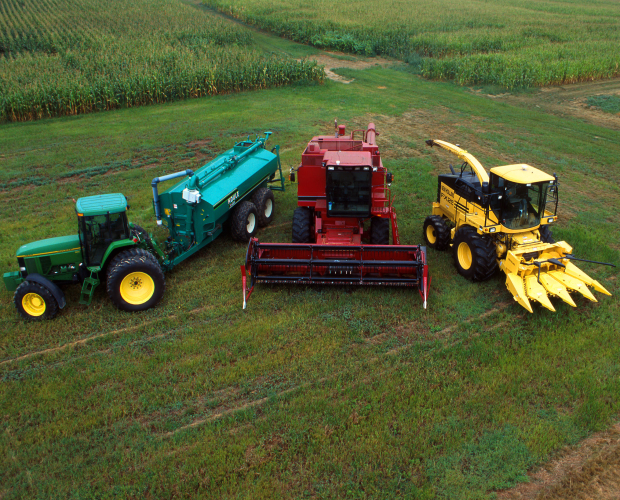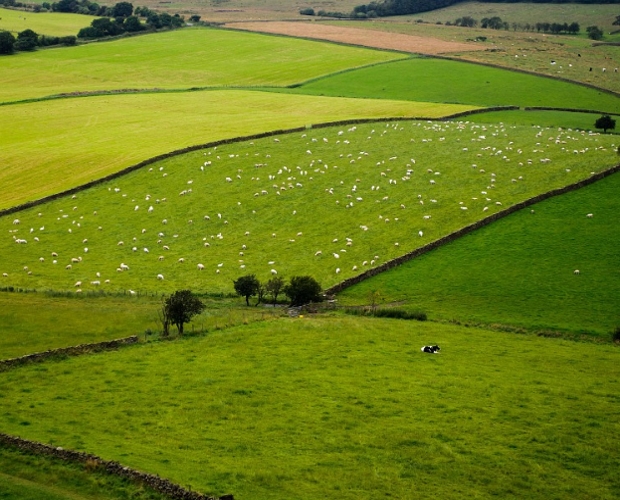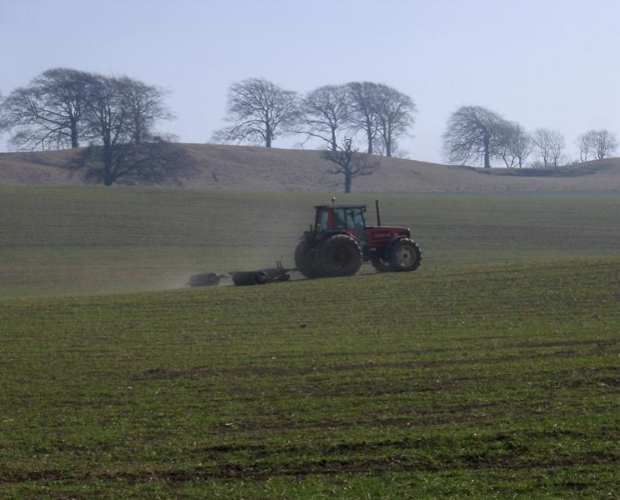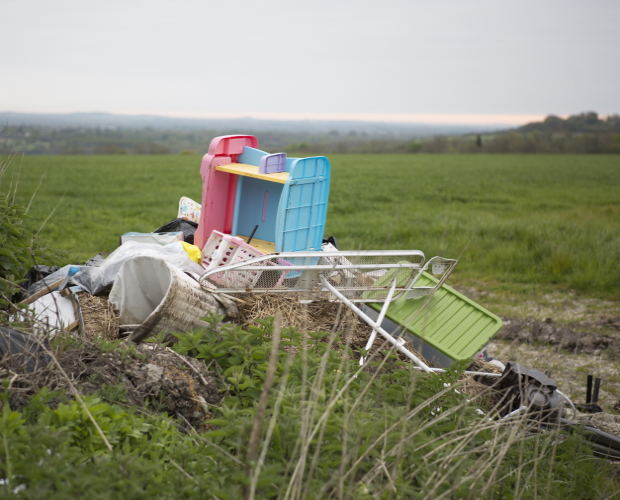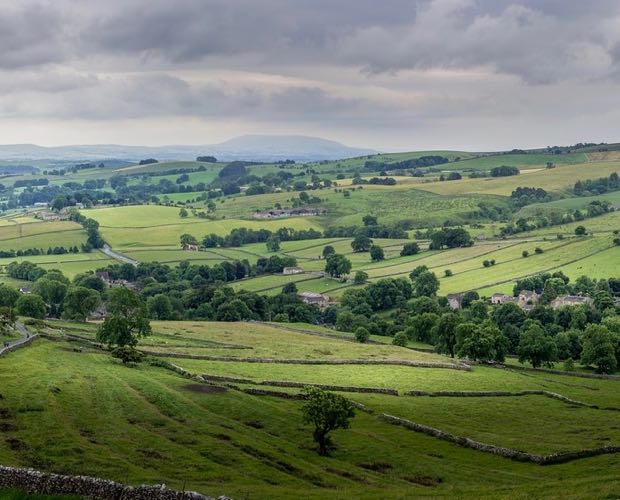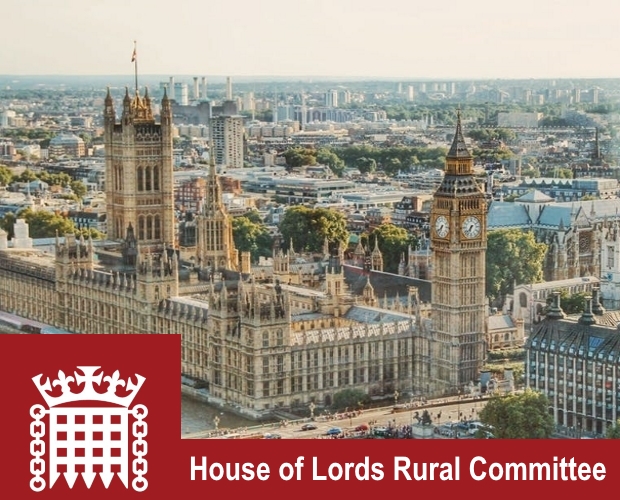T: 01822 851370 E: [email protected]
* All figured used below are provided by NFU Mutual Cost of rural crime at eight year high - up almost 9% in just 12 months Coronavirus effect sees livestock rustling incidents Concern rural crime...
Somerset County Gazette reports that rural stakeholders are joining forces to create a rural recovery plan for the south west, and are calling on rural groups to take part and help shape the region’s future Working with partners including local...
The National Federation of Young Farmers' Clubs (NFYFC) want to ensure that young people who live, study or work in rural areas are given an opportunity to share key concerns about their rural future. Students, next generation farmers, land managers and...
Farmers, landowners and members of the public are being urged to be extra vigilant amidst a spike in fly-tipping caused by recycling centre closures and disrupted bin collection services Councils across the nation have closed down Household Waste and Recycling...
A new anonymous research survey has been launched to gather data on the wider implications of farm crime across the UK While many reports talk about the effect farm crime has on the financial and business aspect of farming, this...
The Telegraph has covered Environment Secretary Theresa Villiers’ announcement over the Government’s landmark Agriculture Bill, which will be introduced this month to Parliament to replace the Common Agricultural Policy Speaking at the Oxford Farming Conference on Tuesday, Villiers explained this...
Members of North Yorkshire’s Rural Commission have launched a call for evidence as part of its first inquiry The Darlington and Stockton Times reports that the independent panel will first investigate farming, agriculture and the environment as part of its...
Carole Walker, is a former political news correspondent with the BBC. She has developed her own Podcast called 'The View from Here' and has kindly allowed the Rural Services Network to include it on their website. Talking about the Podcasts,...
The House of Lords Rural Economy Committee met for a final evidence session on the Government’s vision for the rural economy on Tuesday 22 January. The committee heard evidence from: Michael Gove MP, Secretary of State for Environment,...
New farming technology could be used to solve post-Brexit labour shortages but must be introduced carefully to avoid negative social impact, according to researchers from the University of East Anglia. Reuters reported on the research, noting that tasks such as...
NEWSLETTER
Sign up to receive all our latest news and updates.
HOT TOPICS
Amid reduced public spending, fair resource allocation across regions is crucial. Despite a population larger than Greater London, rural areas receive significantly less funding for essential services, even though delivering these services in rural areas is more expensive.
Economic growth is widely acknowledged as essential for national wealth and prosperity and is a priority for political parties. Rural economies, employing millions and home to a higher proportion of small businesses, have potential for growth if barriers are removed.
Rural residents face distinct healthcare challenges, including limited access to transport, longer distances to medical facilities, an aging demographic, housing inadequacies, digital connectivity gaps, and difficulties recruiting health and care workers.
Rural communities are grappling with a severe affordable housing crisis, marked by high house prices, a lack of affordable housing, elevated living costs, and lower incomes, threatening their sustainability and vitality.
Transport is vital for the quality of life and economic health of rural areas, yet it faces challenges such as infrequent public bus services and less Government funding compared to urban regions.
Rural areas, encompassing a substantial portion of England's population and land, play a pivotal role in combating climate change and achieving the net zero target.
In an increasingly digital world, the lack of robust digital infrastructure in rural areas severely limits access to crucial services and stifles economic growth.
A future-focused vision for rural communities involves not just building the right homes in the right places but also ensuring thriving, sustainable communities.
SIGN UP TO OUR NEWSLETTER
Sign up to our newsletter to receive all the latest news and updates.

